Fourth among South Asian nations, Bangladesh has received 3.9 US Dollar (USD) per capita from various sources to combat climate risks.
With USD 155.9 per person, Bhutan is the highest recipient among eight South Asian counties followed by Nepal with per capita fund of USD 10.8 and Sri Lanka with USD 5.6.
The other three nations that received less money per person than Bangladesh were Afghanistan ($1.7), India ($1.2), Pakistan ($0.8). Additionally, there is no information about the funding for Maldives.
Bangladesh has lost 1 percent of GDP due to impact of climate change while Pakistan 0.68 present and Afghanistan 0.33 percent.
Despite the high losses, Pakistan and Afghanistan received low per capita funding.
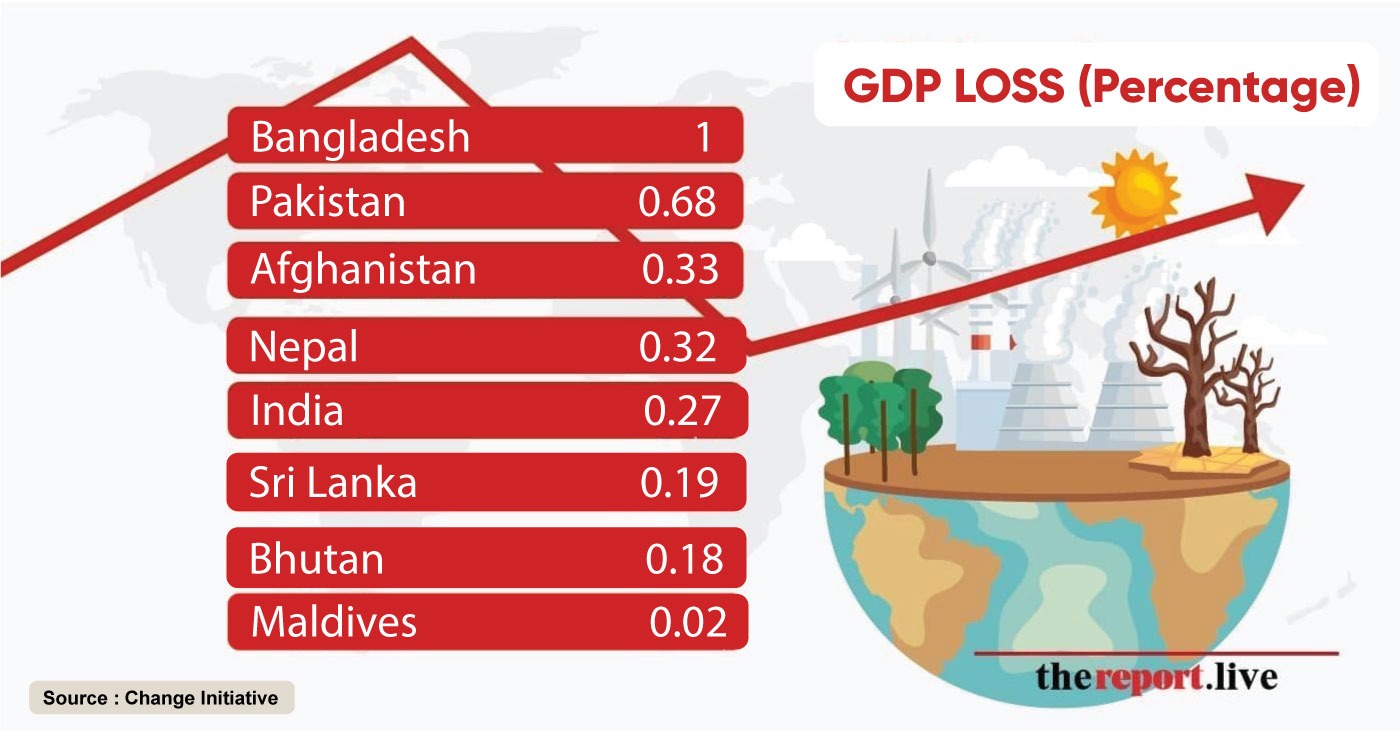
Infographic: TheReport.live
In terms of per-capita funding Bhutan, Sri Lanka and Nepal received more than Bangladesh but each having less GDP loss than the later.
Bhutan, Sri Lanka and Nepal`s losses are 0.18 percent, 0.19 percent and 0.32 percent respectively.
Besides, India`s loss due to climate change is 0.27 percent of GDP. Maldives suffered the lowest GDP loss at 0.02 percent.
Experts believe that equity has been violated in this case.
When asked about the issue, M Zakir Hossain Khan, Chief Executive of Change Initiative, told The Report.Live, “Influential countries are not letting out the promised money. Also delay in disbursement of Global Fund concessions due to corruption or anything else is not acceptable, where the climate emergency is being discussed."
“If the developed countries do not pay the promised money, then there will be a carbon tax. African countries have already reached a consensus on this", he said.
Article 4.9 of the Paris Agreement calls for funds and technology to be provided to less developed countries on a case-by-case basis. In addition, Article 4.4 states that developed countries will assist countries that are vulnerable to adverse impacts.
In addition to the imposition of carbon tax on fossil fuel powered vehicles, ships and air travel, the article talks about the imposition of carbon tax on multinational companies, especially in the plastic sector.
Furthermore, developed countries have been asked to contribute 100 billion dollars to the global climate fund every year. It should be noted that from 2020, industrialized countries promised to deposit 100 billion dollars to the global climate fund every year. G20 countries have been told to spend 25 percent of fossil fuel subsidies on climate finance in least developed countries.
Bangladesh received 52 percent in grants and the rest in loans, but only grants can be considered climate finance, not any sort of loan.
Director of the International Center for Climate Change and Development Professor Salimul Haque said, "The debt is not climate finance. Climate finance must be fully funded. This is compensation for the losses the entire world has suffered due to the carbon emissions of the developed countries.”


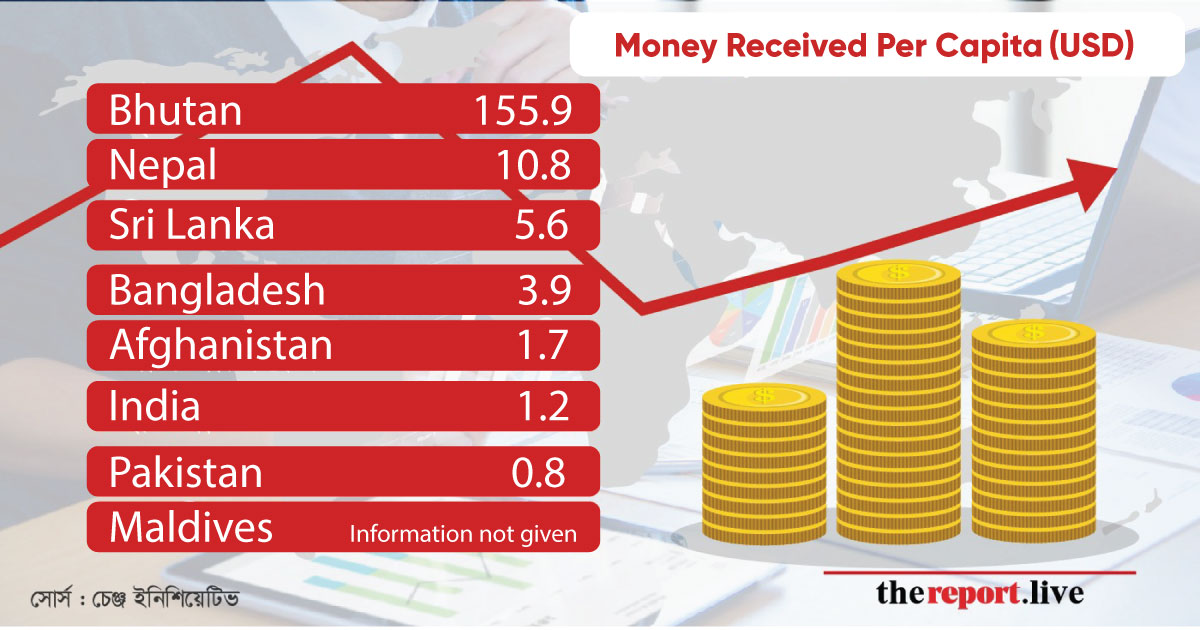

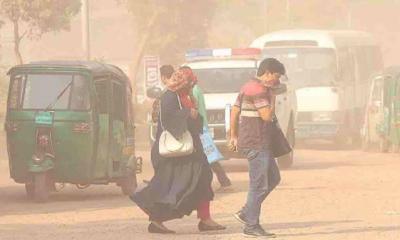
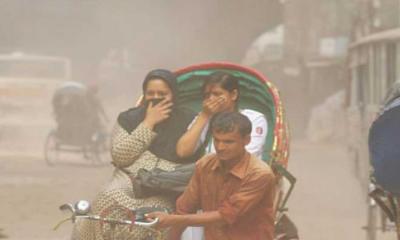

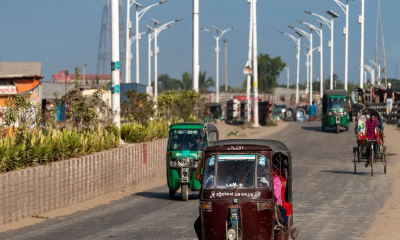
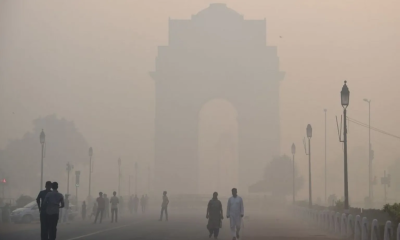
-20251226051932.jpeg)





-20260303080739.webp)




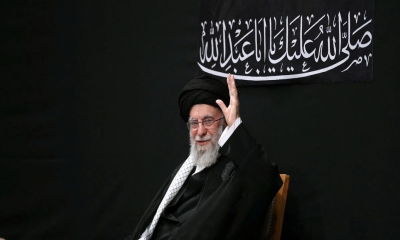



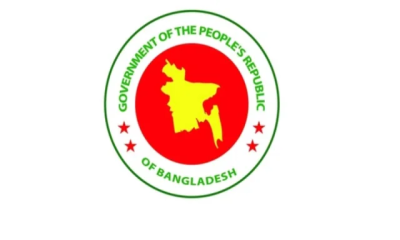








-20260224075258.webp)




-20260225072312.webp)